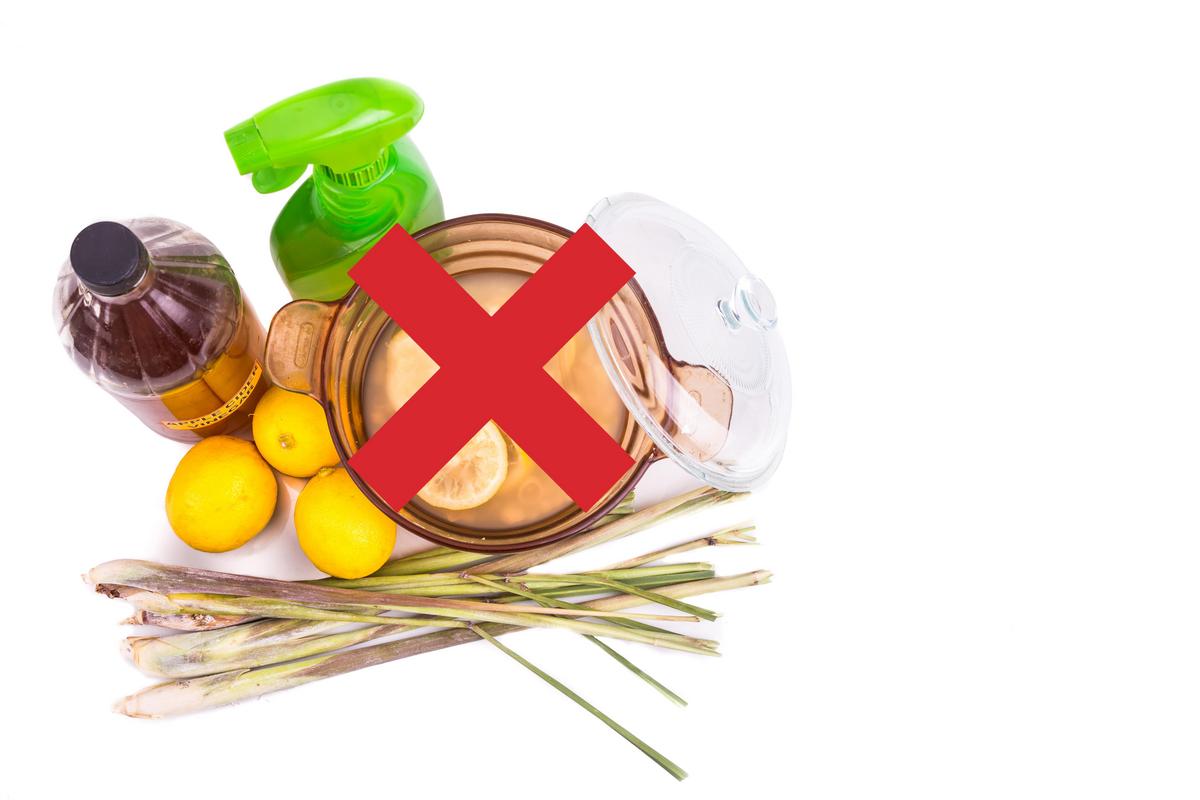How to Tell if Your Dog’s Been Poisoned | Bobtail
Thousands of pets suffer from the accidental ingestion of harmful substances every year. As such, we thought we’d share this article on symptoms to look out for and tips on what to do if you suspect your dog has been poisoned.
The symptoms of a poisoned dog depend on the type of poison exposure.
Possible poisons include everyday household items like dishwasher detergent, furniture polish, drain cleaners and insecticides, or ingesting garbage, lead paint, toxic plants, strychnine, tobacco, aspirin, alcohol, gasoline, rat and mouse poisons, antifreeze – the list goes on!
Even something that to us seems innocent, like chocolate, can be poisonous to your dog! Some frogs, toads, spiders and snakes could also be the culprits behind your dog being poisoned.
It’s also important to read the labels on pet shampoos, tick & flea medication, and dips.
Some signs that could indicate that your pet has been poisoned include:
- Vomiting
- Diarrhoea
- Seizures
- Blood in the stool
- Lethargy
- Loss of appetite
- Bruising
- Nosebleeds
- Irregular heartbeat
- Inability to urinate
The above symptoms can be detected in your dog immediately or could be delayed in some instances, depending on what poison your pet has been exposed to and the amount consumed.
What to do if you think your pet has been poisoned?
1. Scan the surroundings
- See if there’s any evidence of what poison your dog may have ingested and remove this from their reach.
- Collect a sample of whatever your dog may have vomited up, if possible. Your vet may use this for sample testing.
2. Stay away from home remedies
- DO NOT give your pet milk, peanut butter, vegetable oil, salt or aspirin. In a panicked state of mind, we often think these things will help when, in fact, our pets can experience adverse reactions from these remedies without veterinary instruction or supervision.
- It’s also vitally important that you do not try to induce vomiting.

3. Seek your vet’s advise
- Phone your vet, explain what’s happening, and get advice on what to do.
You should never take a “wait and see” approach with suspected poisoning. If you suspect that your dog might have come into contact with a poisonous substance, it’s imperative that you get them to a vet as soon as possible.
At Bobtail, we’re all about keeping our South African dogs strong! That’s why we ensure that every bite of our dog food is full of the good stuff. We also understand that accidents can happen. That’s why we’ve included a FREE accidental benefit in every bag of Bobtail Dog Food to help your doggo get back to their full strength after an emergency.
Follow this link for more information and to sign up for our free accident pet benefit.
